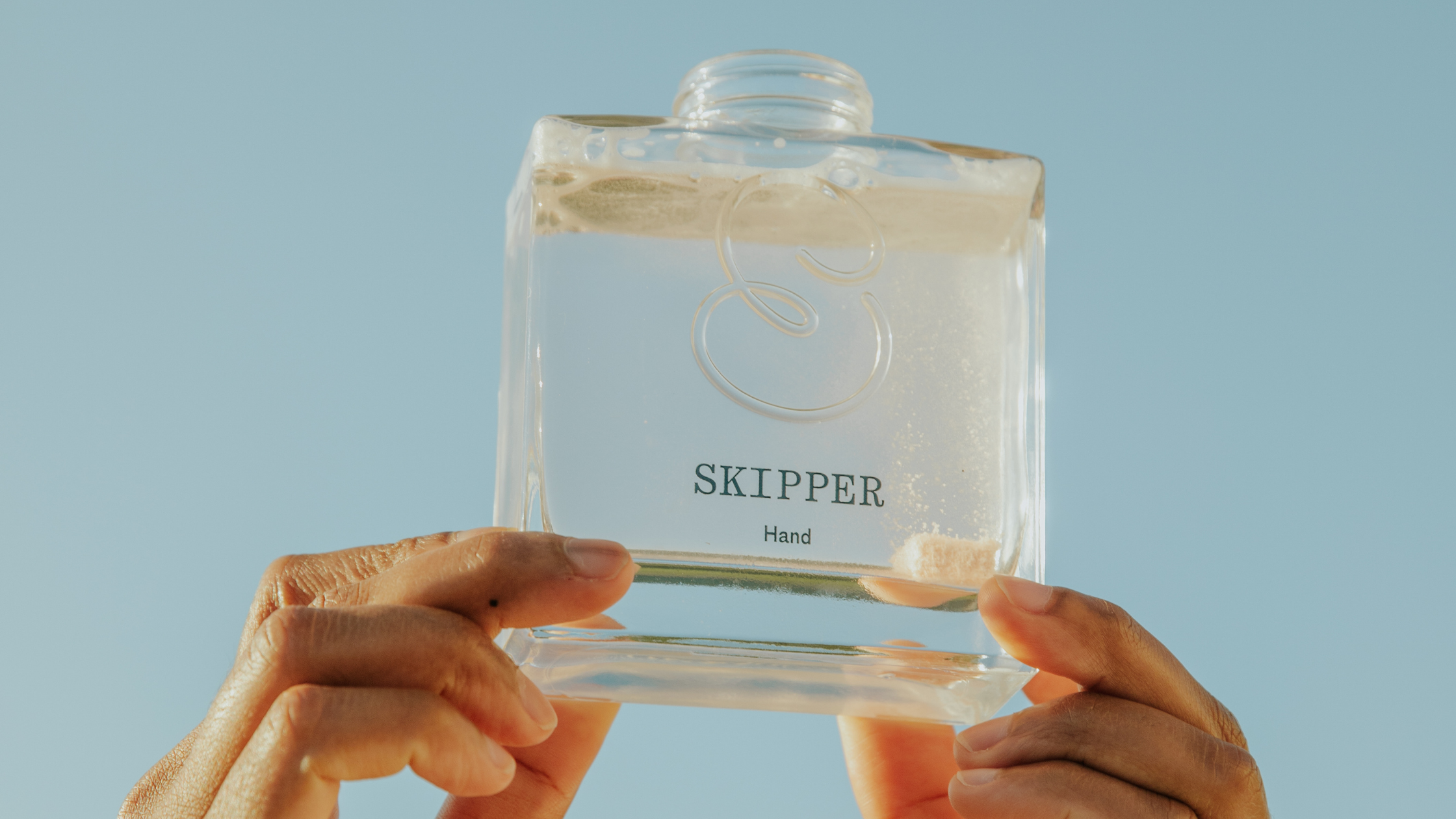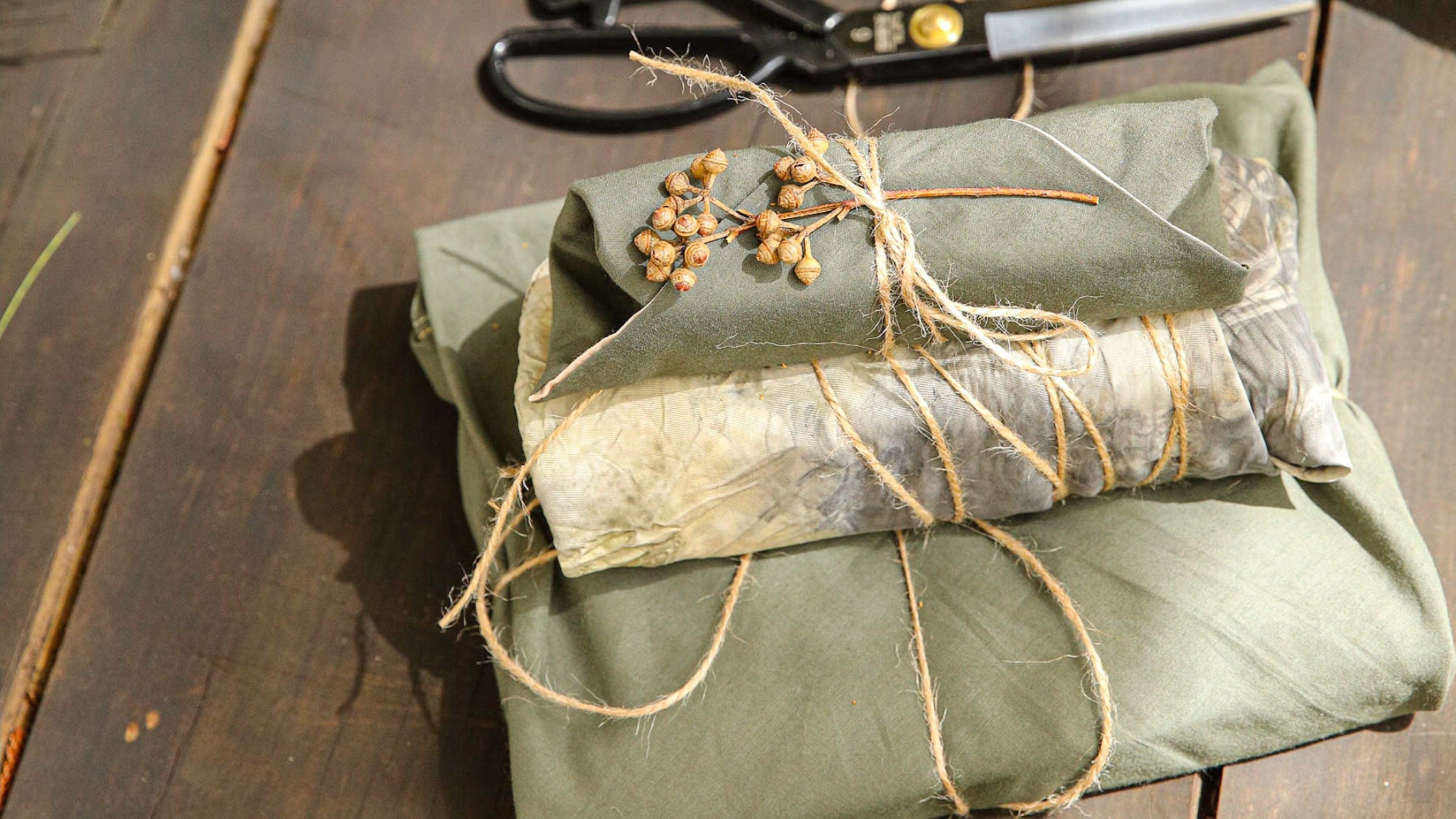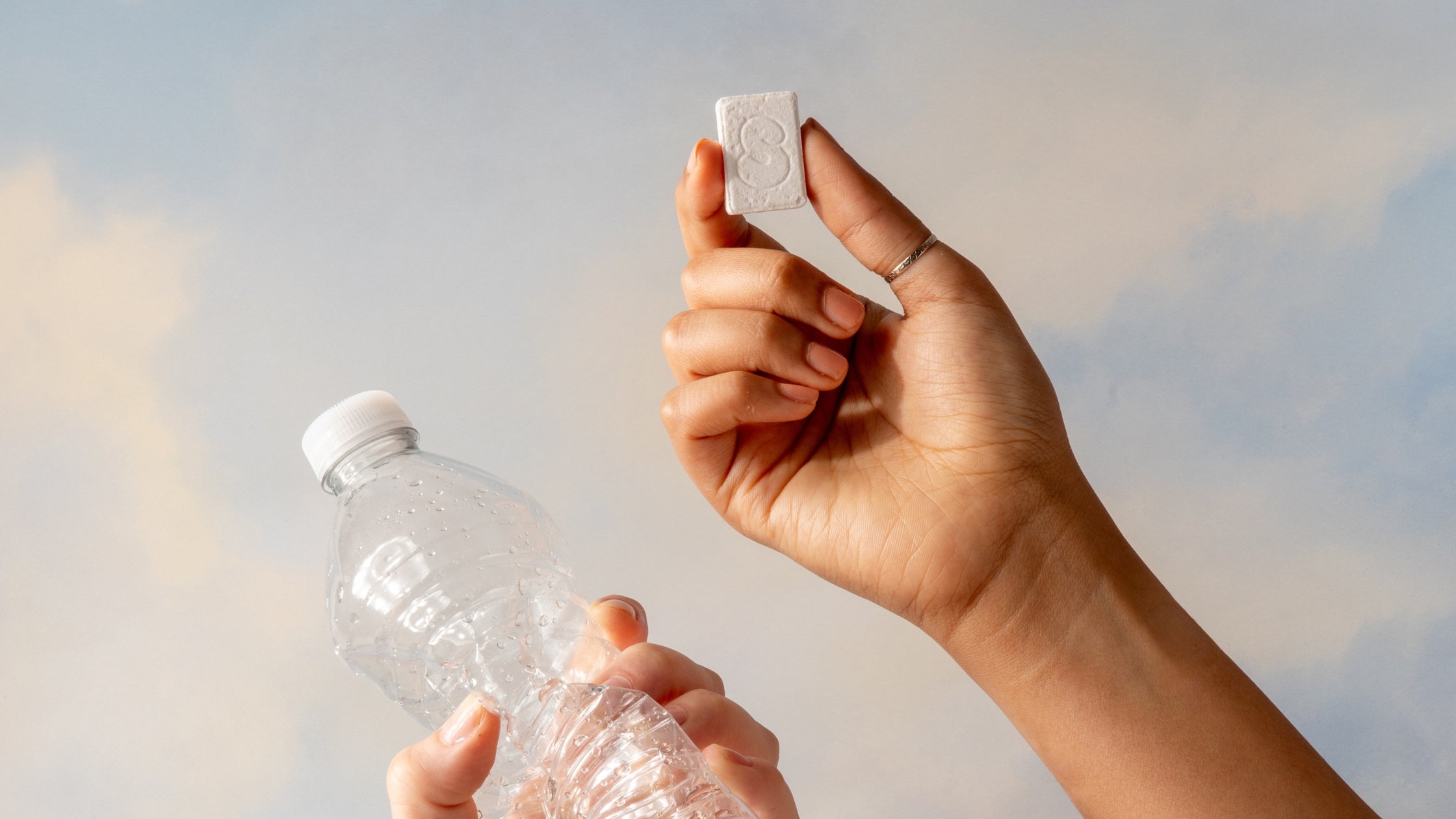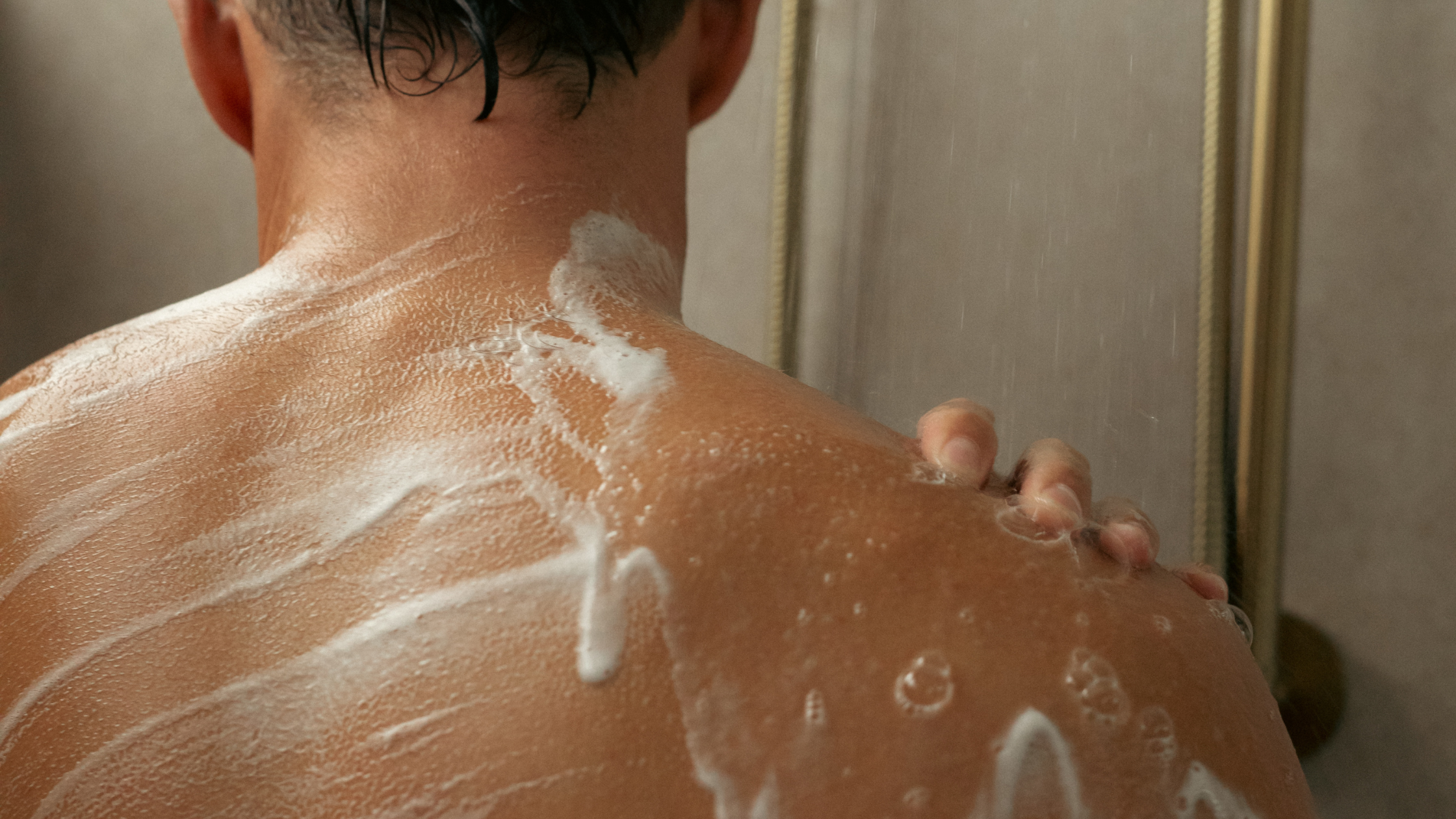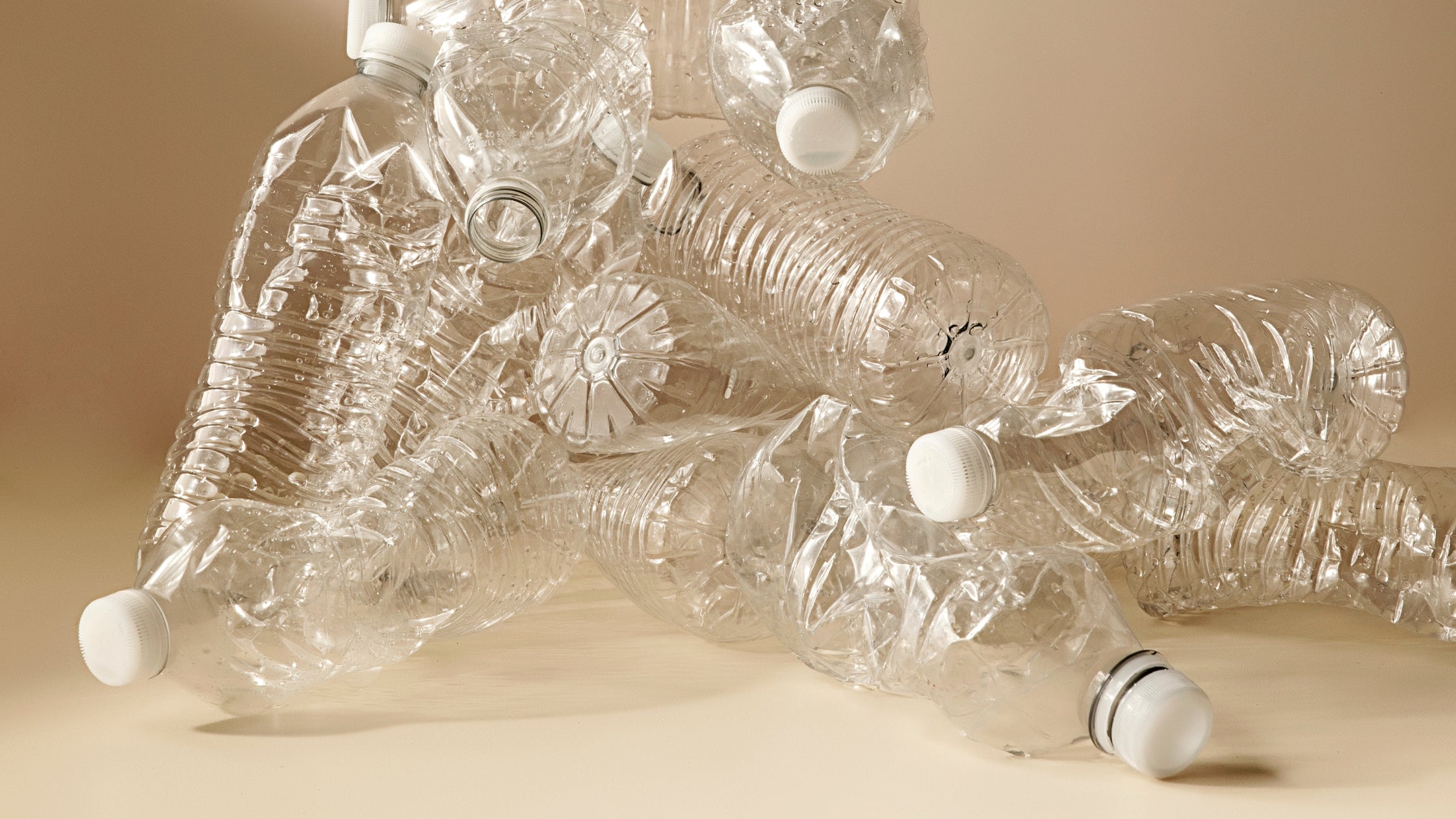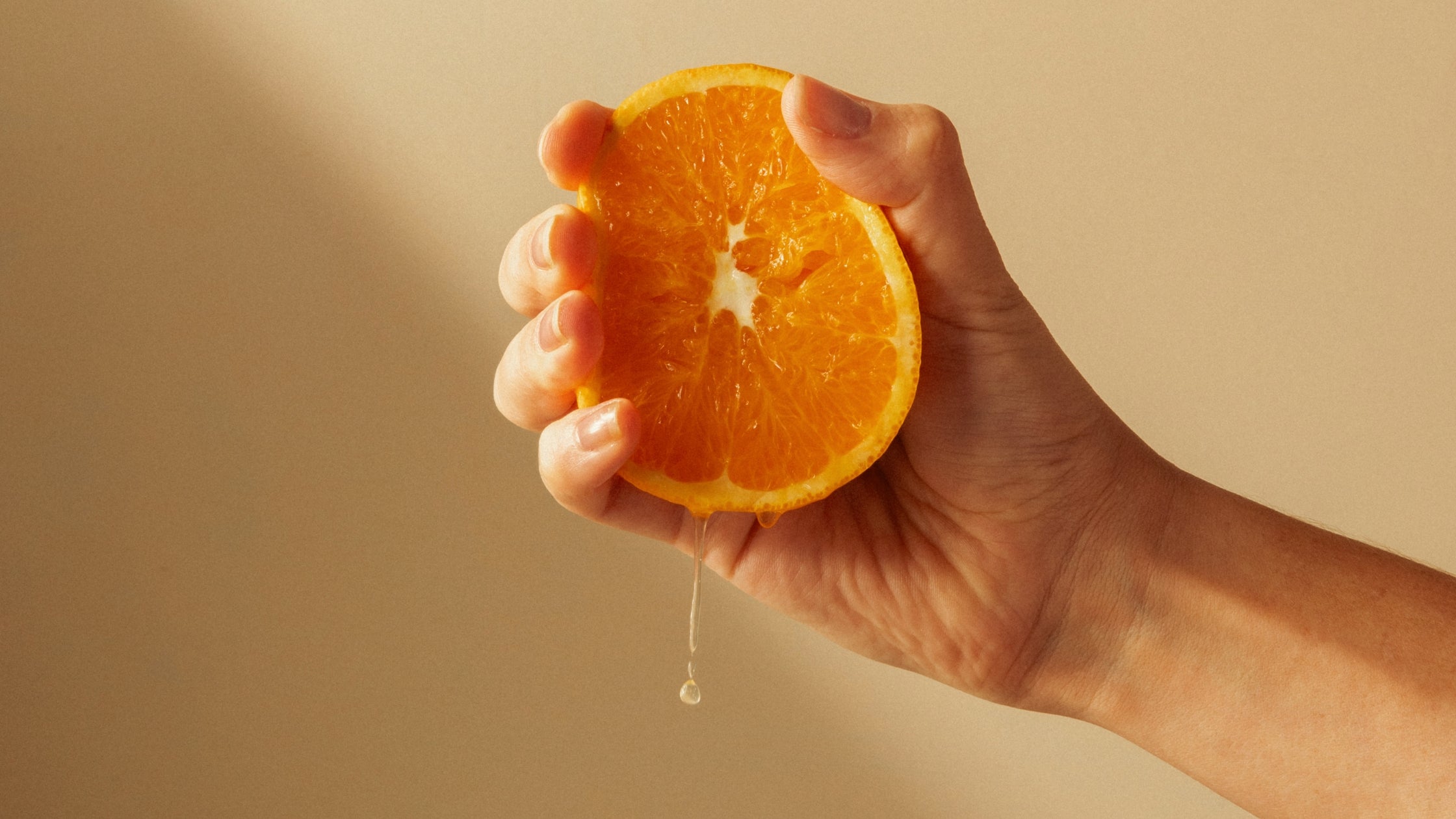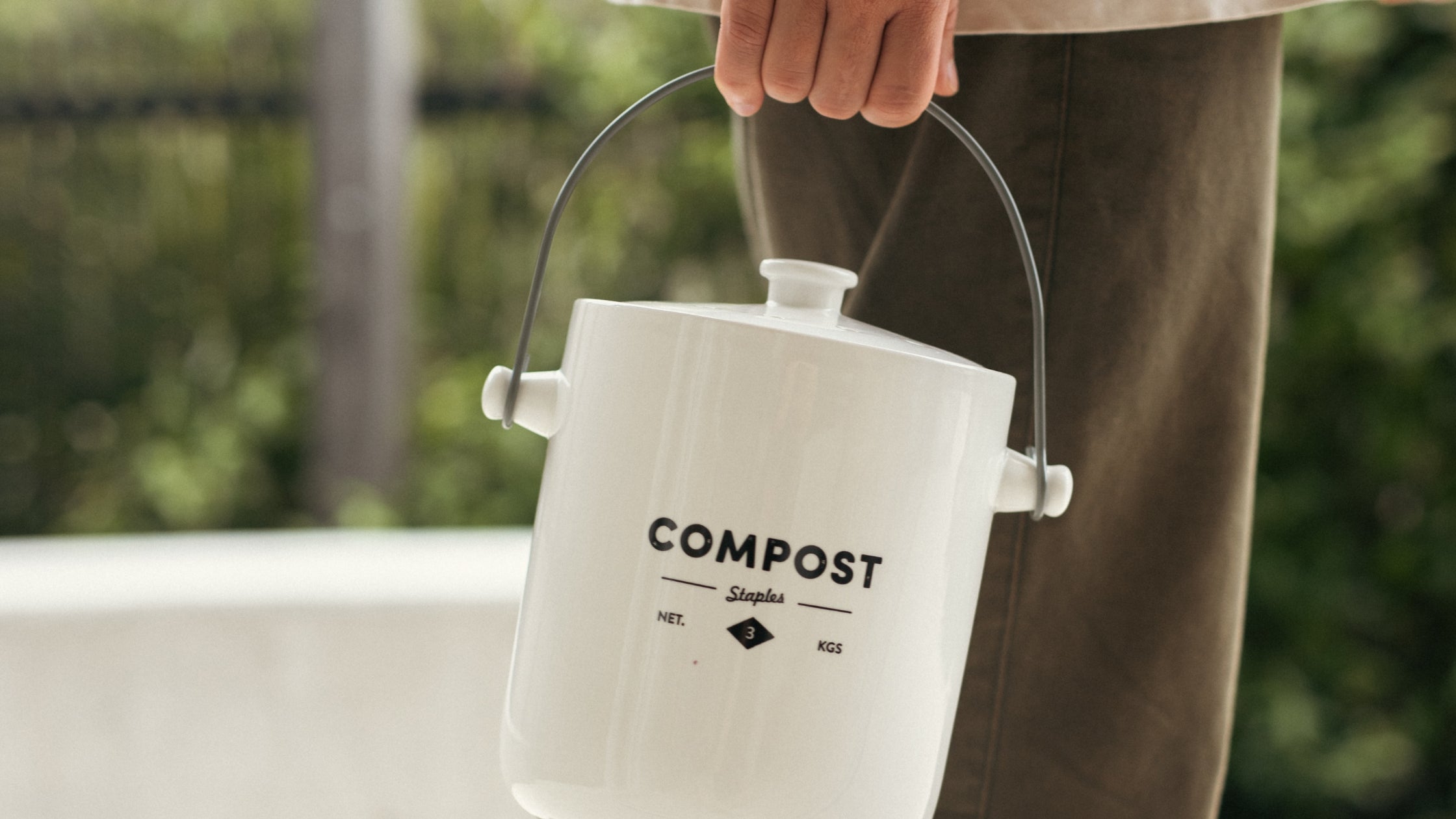We’re so excited to be releasing our freshly certified, home compostable tablet wrappers.
Believe it or not, the most challenging aspect of inventing the world’s smartest soap has been finding something to wrap it with! Not only are the wrappers incredibly expensive, the global surge towards eco-friendly and zero waste products has resulted is a global shortage of the raw materials required to develop our wrappers. Our 2nd production batch of foaming hand soap tablets was delayed 4 months as we impatiently waited for test results.
Why are they so special? What are they made of?
Our next-gen wrappers are one of the first of its kind! Most importantly, they are plastic-free and TUV certified home compostable. There are a few secrets to our wrapper but what we can tell you is that it’s made from sustainably sourced kraft paper and a very special type of polylactic acid (PLA). PLA has similar water-resistant properties to plastic, but it is made from plants like sugarcane, tapioca and corn.
Why choose home compostable instead of industrial compostable?
While industrial compostable wrappers are better than using a plastic wrapper, they require the controlled high temperatures of a commercial facility for all materials to fully decompose.
Unfortunately, most products sold in “compostable wrappers” require these industrial facilities for disposal. It’s an unfortunate deceptive truth to many brands claiming to be eco-friendly with compostable packaging.
The challenge of disposing waste to an industrial facility is that it is both confusing and impractical. Do you know where your nearest industrial composter is? Do they accept your compostable materials? With only 150 facilities in Australia and 185 in the United States, they are few and far between and seldom service individual households. The reality is that most packaging labelled industrial compostable is destined for landfill.
On the other hand, everything that goes into a home compostable wrapper (including ink and glue) will compost at home. Your local temperatures will influence the rate of composition but typically, your wrapper will fully decompose within 12-24 months in a home composting set-up.
Can I recycle compostable wrappers?
Perhaps surprisingly, NO! If you do not have access to a home or community compost, you should dispose of them in your general waste bin. While this is not perfect, they will eventually decompose in landfill. If you throw them in your recycling bin, they may get confused for LDPE plastic and contaminate the recycled plastics. With only 6.2% of LDPE getting recycled, we can ill afford to be reducing the likelihood of recycling through further contamination.
Why do other companies use plastic packaging?
Most companies use plastic packaging because of its low price and high performing shelf-life qualities. Whereas for Tirtyl, developing a certified home compostable wrapper has come at a huge sacrifice.
First and foremost, our new wrappers cost 11x the price of a plastic wrapper, and this does not include the investment in R&D and the significant delays to our production.
Secondly, the problem with using compostable wrappers is that – true to their name – they start to decompose as soon as they are produced! While a plastic wrapper can keep a tablet fresh for 5 years, our recommended shelf-life for the new hand soap tablets is 12 months. If our soaps were not ph-balanced, the shelf life would be much less! This resulted in a significant amount of refining and experimentation to ensure the wrappers developed could provide an effective barrier to moisture and maintain the shelf life of our product. After all, ditching plastic is important but it's no use if the wrappers aren't working!
What’s next?
We’re still working closely with some Australian scientists and industrial engineers to develop something even better with a goal to increase the shelf-life to greater than 2 years. It’s a challenging task, but it’s the right thing to do and an investment that we believe will benefit our company, our customers and our planet for years to come.



